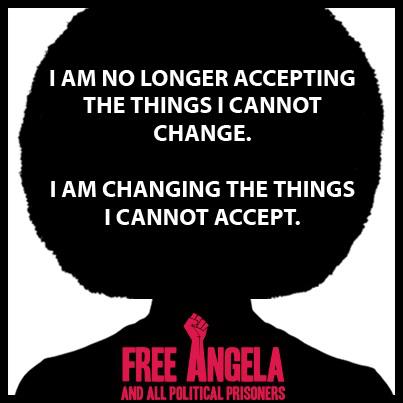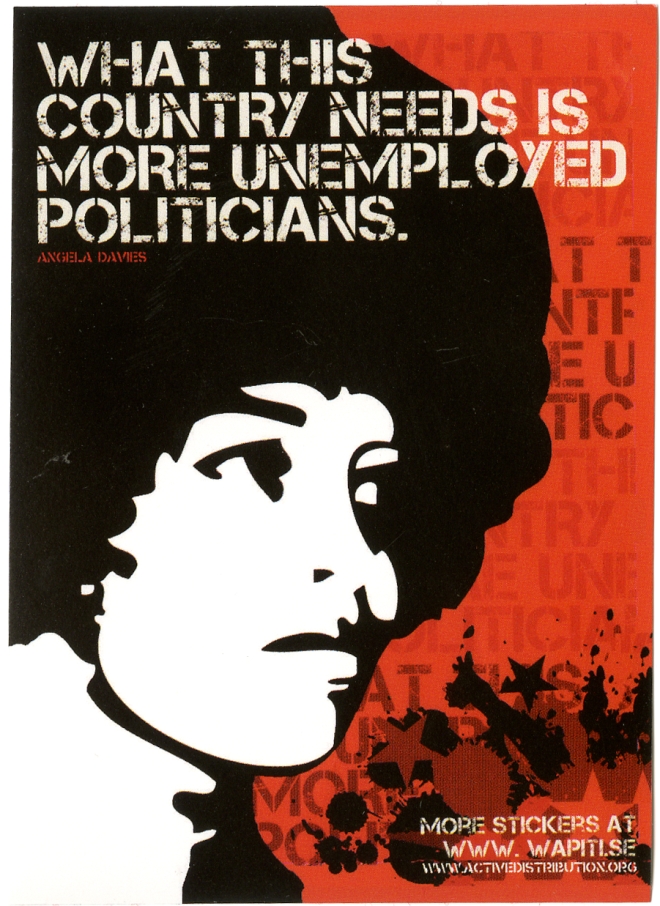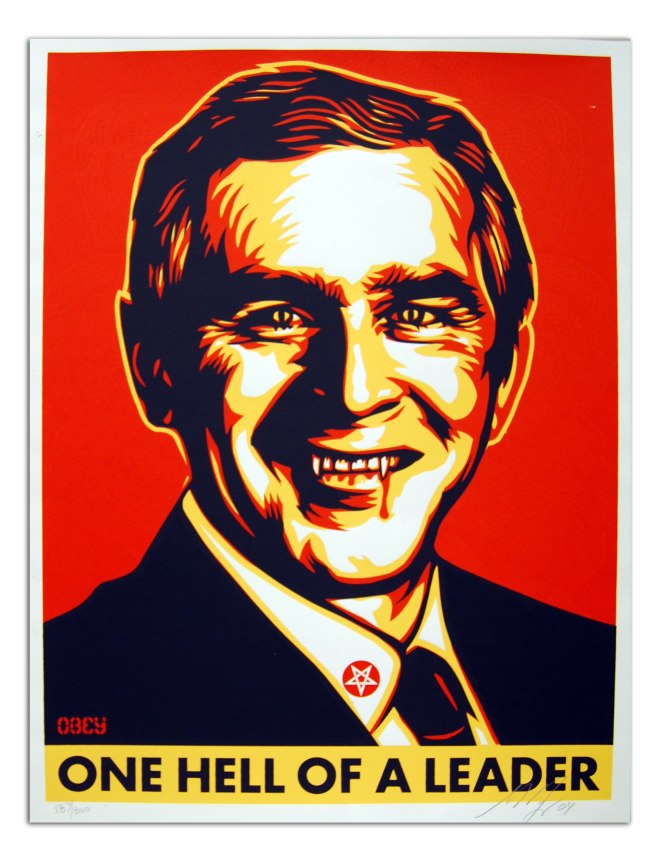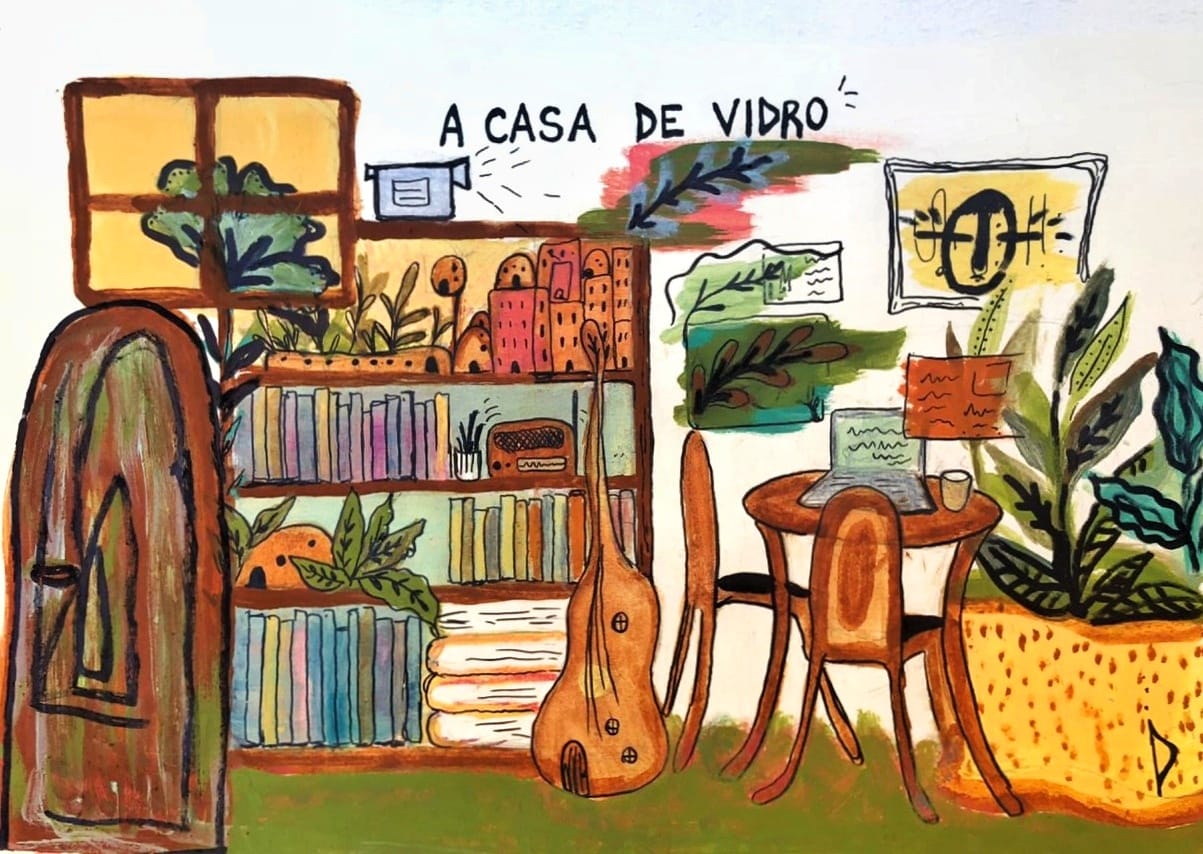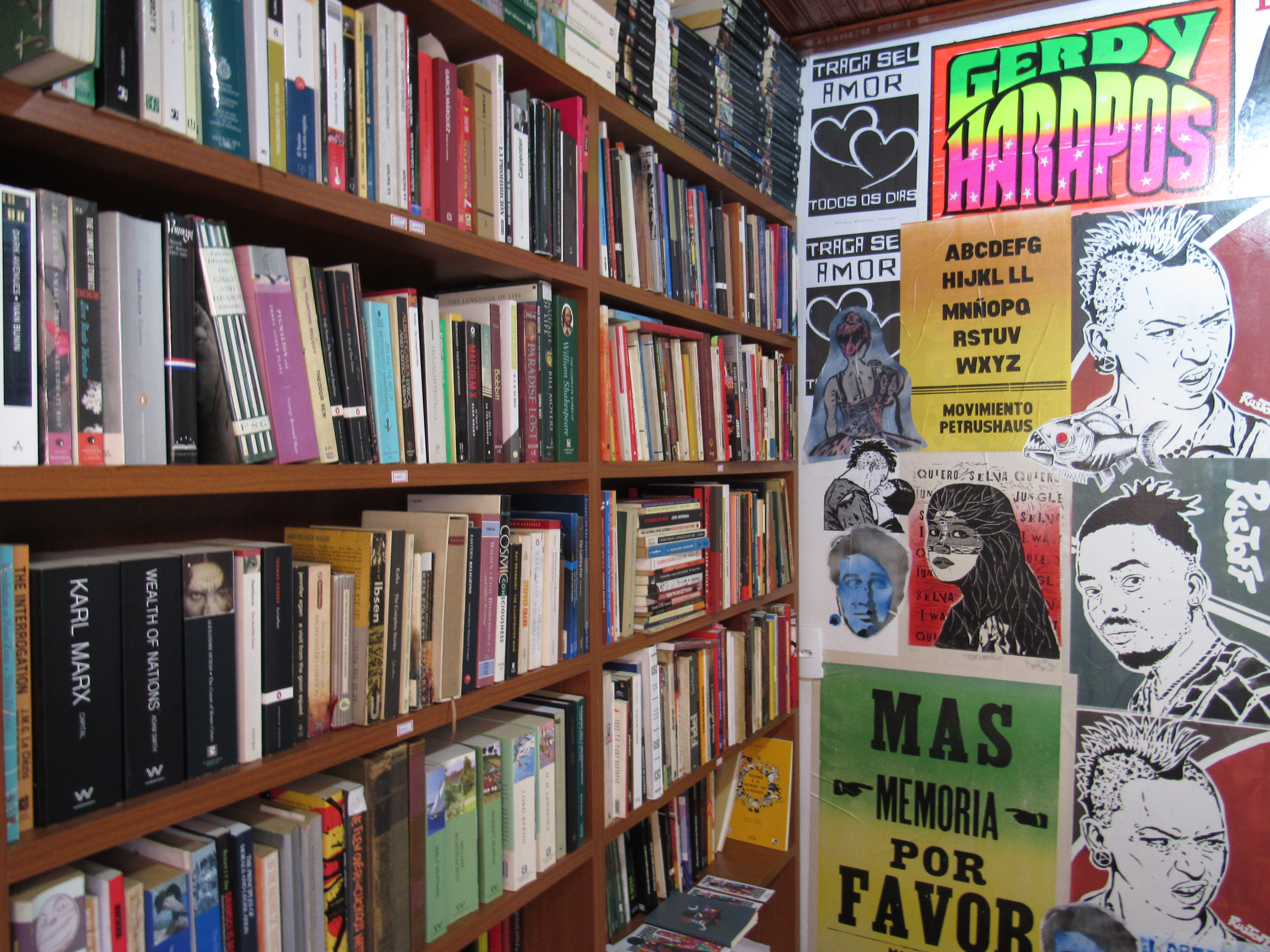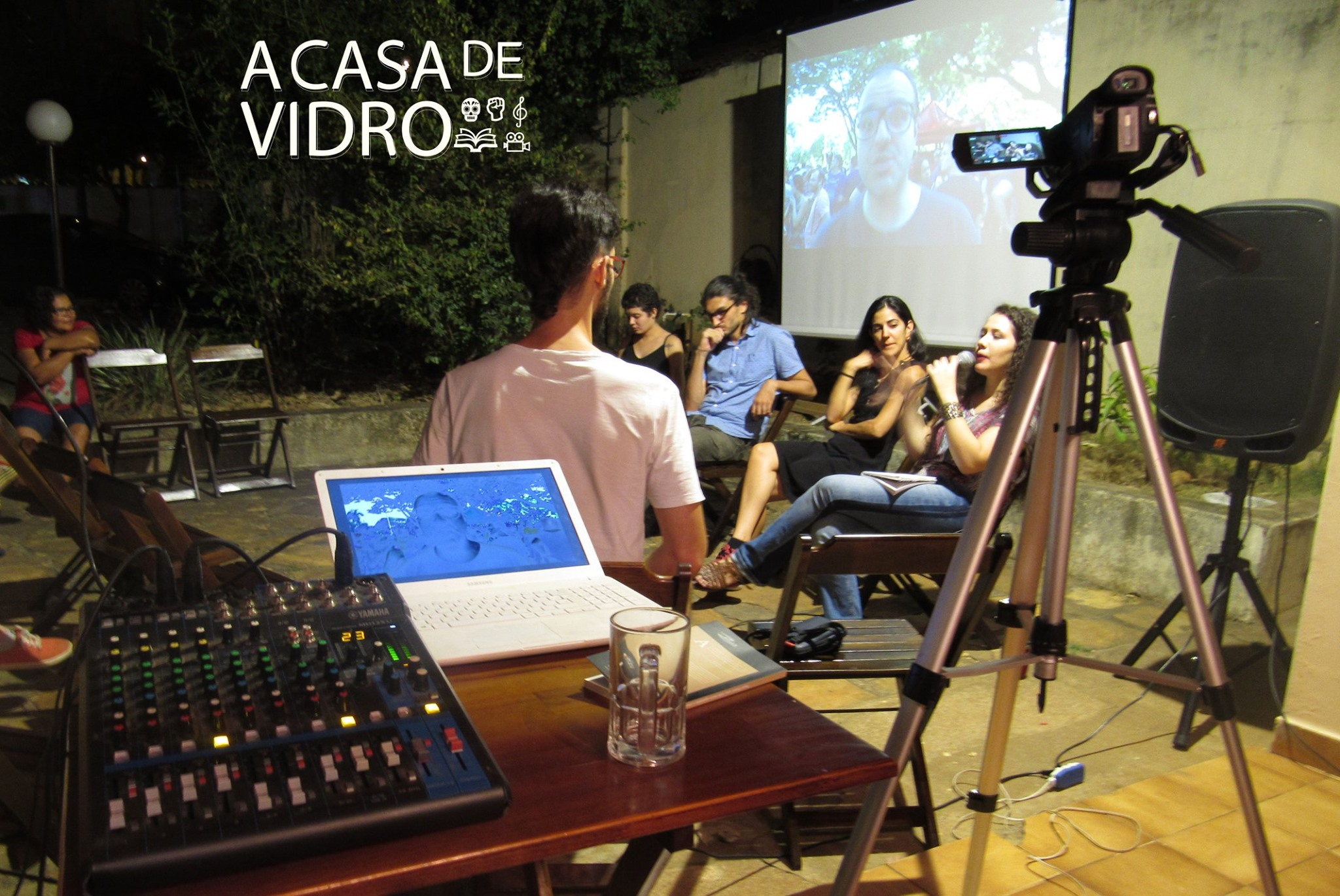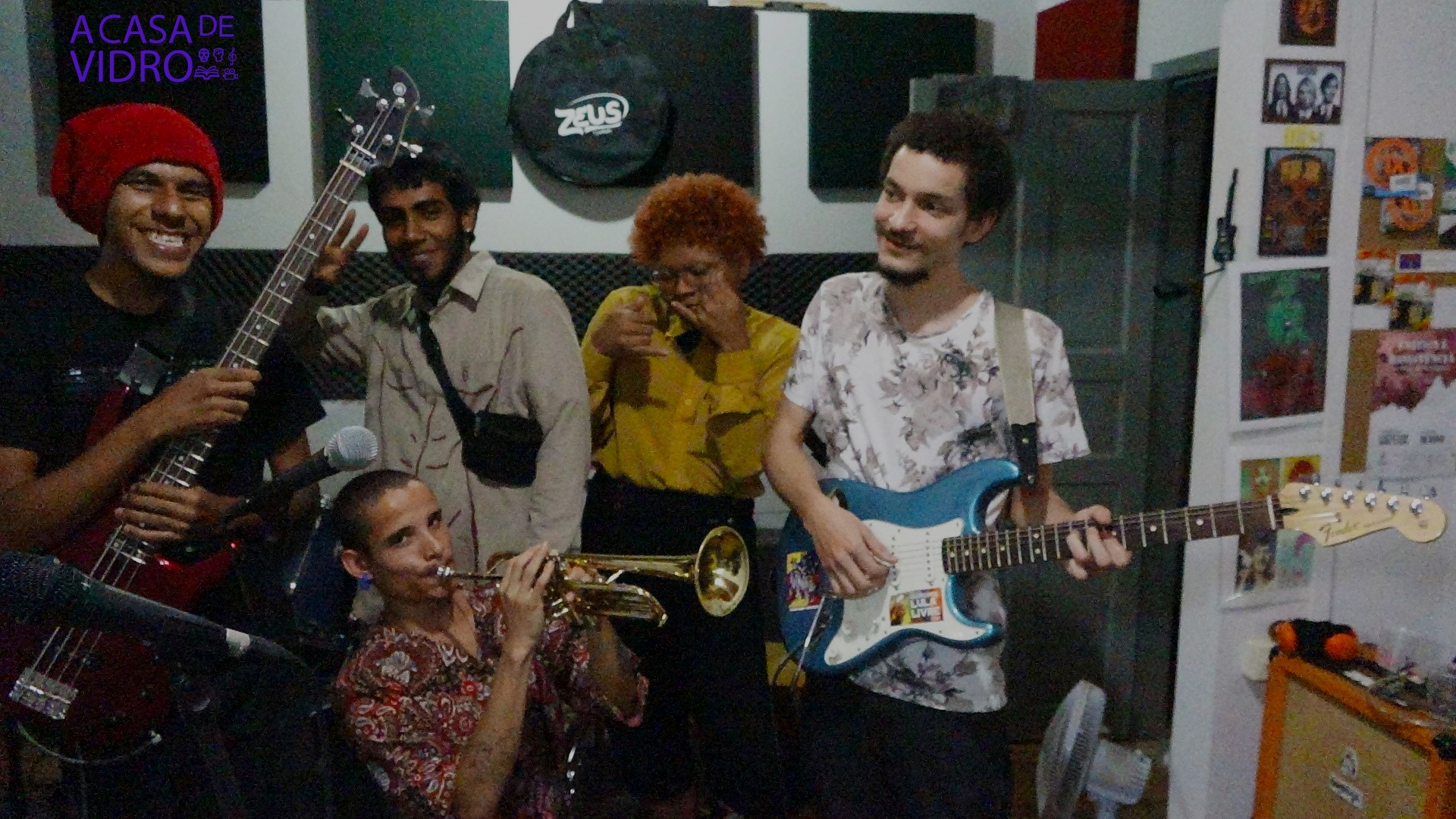The War on Terror, Mass Incarceration in the U.S.A., and Another World Is Possible – by Angela Davis
Angela Davis speaks:
“In Wisconsin black people constitute 4 or 5% of the state’s population and about 50% of the imprisoned population. Our criminal justice system sends increasing numbers of people to prison by first robbing them of housing, health care, education, and welfare, and then punishing them when they participate in underground economies. What should we think about a system that will, on the one hand, sacrifice social services, human compassion, housing and decent schools, mental health care and jobs, while on the other hand developing an ever larger and ever more profitable prison system that subjects ever larger numbers of people to daily regimes of coercion and abuse? The violent regimes inside prisons are located on a continuum of repression that includes state-sanctioned killing of civilians.” (The Meaning of Freedom, p. 62)
“It cannot be denied that immigration is on the rise. In many cases, however, people are compelled to leave their home countries because U.S. corporations have economically undermined local economies through ‘free trade’ agreements, structural adjustment, and the influence of such international financial institutions as the World Bank and International Monetary Fund. Rather than characterize ‘immigration’ as the source of the current crisis, it is more accurate to say that it is the homelessness of global capital that is responsible for so many of the problems people are experiencing throughout the world. Many transnational corporations that used to be required to comply with a modicum of rules and regulations in the nation-states where they are headquartered have found ways to evade prohibitions against cruel, dehumanizing, and exploitative labor practices. They are now free to do virtually anything in the name of maximizing profits. 50% of all of the garments purchased in the U.S. are made abroad by women and girls in Asia and Latin America. Many immigrant women from those regions who come to this country hoping to find work do so because they can no longer make a living in their home countries. Their native economies have been dislocated by global corporations. But what do they find here in the United States? More sweatshops.” (p. 64)
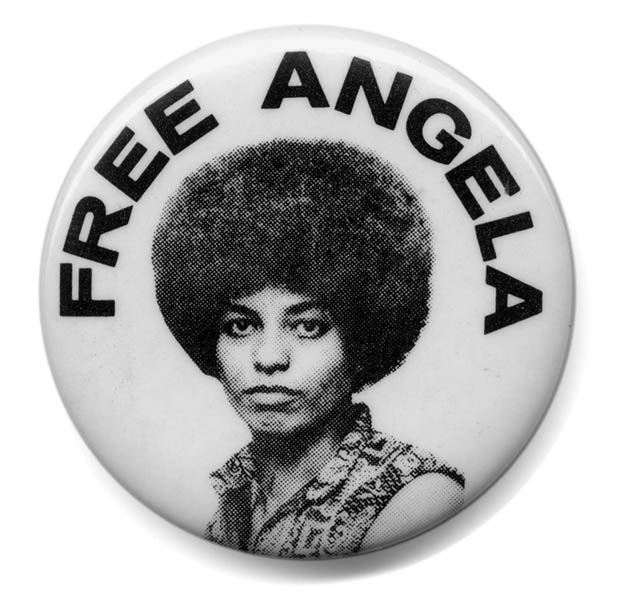 “Our impoverished popular imagination is responsible for the lack of or sparsity of conversations on minimizing prisons and emphasizing decarceration as opposed to increased incarceration. Particularly since resources that could fund services designed to help prevent people from engaging in the behavior that leads to prison are being used instead to build and operate prisons. Precisely the resources we need in order to prevent people from going to prison are being devoured by the prison system. This means that the prison reproduces the conditions of its own expansion, creating a syndrome of self-perpetuation.” (p. 67)
“Our impoverished popular imagination is responsible for the lack of or sparsity of conversations on minimizing prisons and emphasizing decarceration as opposed to increased incarceration. Particularly since resources that could fund services designed to help prevent people from engaging in the behavior that leads to prison are being used instead to build and operate prisons. Precisely the resources we need in order to prevent people from going to prison are being devoured by the prison system. This means that the prison reproduces the conditions of its own expansion, creating a syndrome of self-perpetuation.” (p. 67)
“The global war on drugs is responsible for the soaring numbers of people behind bars – and for the fact that throughout the world there is a disproportionate number of people of color and people from the global South in prison. (…) The drug war and the war on terror are linked to the global expansion of the prison. Let us remember that the prison is a historical system of punishment. In other worlds, it has not always been a part of human history; therefore, we should not take this institution for granted, or consider it a permanent and unavoidable fixture of our society. The prison as punishment emerged around the time of industrial capitalism, and it continues to have a particular affinity with capitalism. (…) Globalization has not only created devastating conditions for people in the global South, it has created impoverished and incarcerated communities in the United States and elsewhere in the global North. ” (p. 82)
“Why, in the aftermath of September 11, 2001, have we allowed our government to pursue unilateral policies and practices of global war? (…) Increasingly, freedom and democracy are envisioned by the government as exportable commodities, commodities that can be sold or imposed upon entire populations whose resistances are aggressively suppressed by the military. The so-called global war on terror was devised as a direct response to the September 11 attacks. Donald Rumsfeld, Dick Cheney, and George W. Bush swiftly transformed the attacks on the World Trade Center and the Pentagon into occasions to misuse and manipulate collective grief, thereby reducing this grief to a national desire for vengeance. (…) It seems to me the most obvious subversion of the healing process occurred when the Bush administration invaded Afghanistan, then Iraq, and now potentially Iran. All in the name of the human beings who died on September 11. Bloodshed and belligerence in the name of freedom and democracy!…
Bush had the opportunity to rehearse this strategy of vengeance and death on a smaller scale before he moved into the White House. As governor of Texas, he not only lauded capital punishment, he presided over more executions – 152 to be precise – than any other governor in the history of the United States of America.
Imperialist war militates against freedom and democracy, yet freedom and democracy are repeatedly invoked by the purveyors of global war. Precisely those forces that presume to make the world safe for freedom and democracy are now spreading war and torture and capitalist exploitation around the globe. The Bush government represents its project as a global offensive against terrorism, but the conduct of this offensive has generated practices of state violence and state terrorism in comparison to which its targets pale…
Estimates range from 500.000 to 700.000 so far – some people say that one million… – people that have been killed during the war in Iraq. Why can’t we even have a national conversation about that?”
“What is most distressing to those of us who believe in a democratic future is the tendency to equate democracy with capitalism. Capitalist democracy should be recognized as the oxymoron that it is. The two orders are fundamentally incompatible, especially considering the contemporary transformations of capitalism under the impact of globalization. But there are those who cannot tell the difference between the two. In no historical era can the freedom of the market serve as an acceptable model of democracy for those who do not possess the means – the capital – to take advantage of the freedom of the market.
The most convincing contemporary evidence against the equation of capitalism and democracy can be discovered in the fact that many institutions with a profoundly democratic impulse have been dismantled under the pressure exerted by international financial agencies, such as the International Monetary Fund and the World Bank. In the global South, structural adjustment has unleashed a juggernaut of privatization of public services that used to be available to masses of people, such as education and health care. These are services that no society should deny its members, services we all should be able to claim by virtue of our humanity. Conservative demands to privatize Social Security in the United States further reveal the reign of profits for the few over the rights of the many.
Another world is possible, and despite the hegemony of forces that promote inequality, hierarchy, possessive individualism, and contempt for humanity, I believe that together we can work to create the conditions for radical social transformation.”
ANGELA DAVIS,
The Meaning of Freedom
City Lights Books
San Franciso, California, 2012.
* * * * * *
You might also like:
Mountains That Take Wing
(2009. 97 min. Color.)
A WMM (Women Make Movies) release:
orders@wmm.com and http://www.wmm.com.
“This film, co-directed by C.A. Griffith & H.L.T. Quan, is a “Conversation on Life, Struggles & Liberation”. Internationally renowned scholar, professor and writer Angela Davis and 89-year-old grassroots organizer and Nobel Peace Prize nominee Yuri Kochiyama share intimate conversations about personal histories and influences that shaped them and their shared experiences in some of the most important social movements in 20th century United States. The film’s unique format honors the scope and depth of their knowledge on topics ranging from Jim Crow laws and Japanese internment camps, to Civil Rights, anti-war, women’s and gay liberation movements, to today’s campaigns for political prisoners and prison reform. These insights, recorded over the span of 13 years, offer critical lessons about community activism and tremendous hope for the future of social justice.”
* * * * *
Great videos:
[youtube id=http://youtu.be/R2BIZy0HScM]
[youtube id=http://youtu.be/sr6Qn6aJsCc]
[youtube id=http://youtu.be/yQ2cC7LHMxA]
Publicado em: 01/01/15
De autoria: casadevidro247

